
Today, June 28th, is the anniversary of the first Stonewall Riot. Early in the morning of 1969, a fight between patrons of the Stonewall Inn and New York City police officers broke out. This insurrection led to a series of protests and a movement that later swept the world in the fight for LGBTQ+ rights. Pride as we know it today, takes direct inspiration from the Stonewall Riots of 1969, and it’s important to remember and honor this history.
There are many wonderful resources to learn more about the Stonewall uprising, a catalyst for the LGBTQ+ movement. Today, we are highlighting some of the documentaries and one short biography we have currently available through our online resources. However, we also have great documentaries on the topic via our DVDs and non-fiction books.
Stonewall Uprising
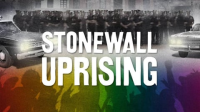
Stonewall Uprising is a PBS original documentary covering this historic night. It also gives context to various aspects of homosexual life preceding the riots. The relationship between the police, mafia, and gay havens like the Stonewall Inn are also explored. Through various interviews from activists and organizers, press of The Village Voice, the then-active deputy inspector of the moral divisions of the NYPD, and LGBTQ+ people who were there that night help illustrate what happened at the Stonewall Inn in 1969. You can watch it on Kanopy now.
The Pride of Stonewall
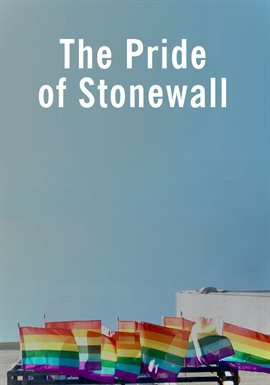
Through a series of interviews, The Pride of Stonewall* revisits the history of the riots. It also gives insight to the process behind creating the national monument that honors the Stonewall Inn’s legacy. Most of the interviews are conducted within the iconic park that faced Stonewall all those years ago, and some interviews take place within the bar itself. This title is available on Hoopla.
Vito
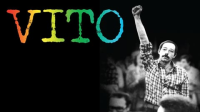
While Vito is not a deep dive on Stonewall itself, this documentary focuses on Vito Russo, an eyewitness of the event. As a historian, he went on to catalog and lecture on LGBTQ+ representation in film. Vito Russo was also a gay rights and AIDS activist in his time whose legacy continues today. The documentary follows his life from early childhood to his death. You can watch it now on Hoopla and Kanopy.
Strong Women
by Kari Koeppel
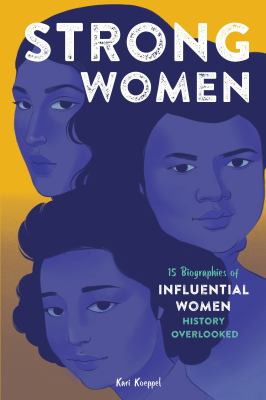
This collection of essays includes a biography on Marsha P. Johnson, a participant of the Stonewall Riots. She went on to work with the Gay Liberation Front and later co-founded Street Transvestite Action Revolutionaries with Sylvia Rivera. The latter organization was dedicated to addressing the needs and rights of transgender people. You can read it on Hoopla now.
Coming Out: A 50 Year History
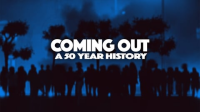
This title is organized by teenaged interviewers who wanted to learn more about LBGTQ+ activism from the elders in the community. The series of interviews looks at many organized efforts across the United States as elders describe their lives throughout the decades. It also briefly discusses the important role Stonewall had in rallying people to demand change. You can watch this now on Kanopy.
Consider getting to know the history of Stonewall’s uprising, a pivotal moment in the movement for LGBTQ+ rights. Pride month celebrates and honors queer and trans people who truly had to fight for many of the rights currently accessed today. It’s important to remember this while carrying on its legacy. Again, this is not a complete list of titles featuring the Stonewall Riots, and we encourage you to seek out other library sources as well.
*Please note, for those who are hearing impaired, there are some notable errors in the subtitles. This includes the transcription of “Bilitis” as “(indiscernible)” while discussing the Mattachine Society, and instances of “gay” transcribed as “gang.”
Zaivy Luke-Alemán is a Clerk I at the Will I. Grinton Library. Happy pride!